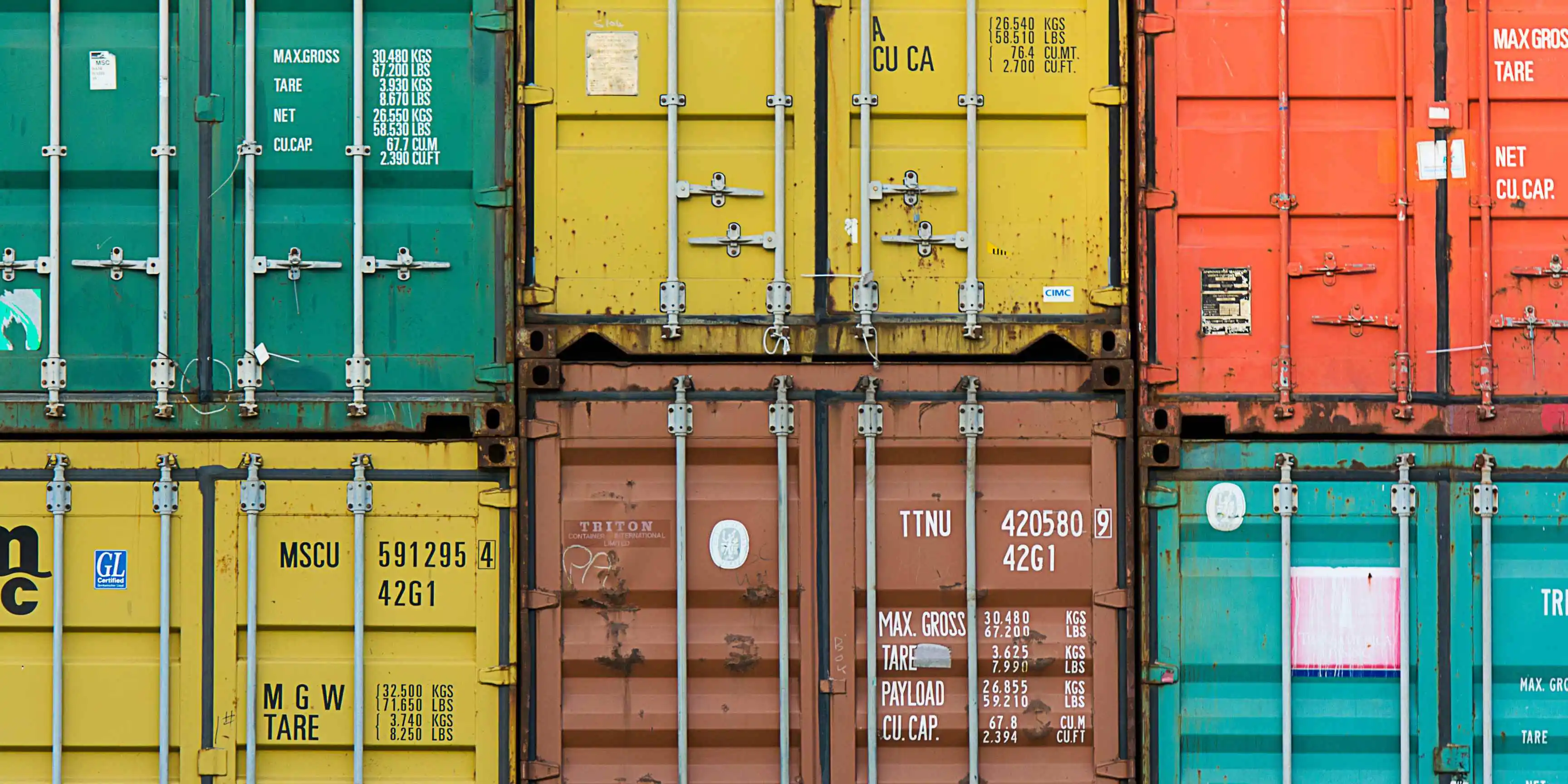
The introduction of new Brexit border charges, which will affect businesses importing food and plants from the EU, poses a significant challenge for UK small businesses. As these charges are set to add potentially thousands of pounds to monthly costs, they are expected to have wide-reaching effects on various aspects of business operations, particularly for SMEs.
Looking to protect your business from rising costs? Consider a cash injection to keep your operations smooth and efficient.
Stay proactive and ensure your business is ready for any financial challenges ahead.
One of the immediate impacts of the new Brexit border charges will be the financial burden they place on small businesses. These charges are not just a one-off expense but a recurring cost that could escalate operating expenses significantly. For businesses importing regularly from the EU, fees could exceed £10,000 extra per month. This substantial increase in costs could strain financial resources, potentially affecting their ability to invest in growth or even maintain current operational levels.
The added costs from the new charges will almost definitely result in increases in the prices of goods. For small businesses, absorbing these costs may not be viable, forcing them to pass them on to consumers. This could lead to higher prices for food and plant products, contributing to inflationary pressures in these sectors. In an already competitive market, higher prices might deter customers, leading to reduced sales and profit margins for small businesses.
Beyond financial impacts, the new border charges could cause disruptions in supply chains. Delays at borders due to new inspection requirements and the processing of additional fees could lead to slower delivery times. For businesses that rely on time sensitive supply chains, particularly in sectors like food and plants where products are often perishable, delays could result in stock shortages or increased wastage, compounding financial losses.
To mitigate these challenges, small businesses might need to reconsider their supply chain strategies. Options could include diversifying supply sources to reduce reliance on EU imports or stockpiling goods to buffer against border delays. Additionally, businesses could explore passing on costs to consumers where possible, or revising product prices and strategies to maintain competitive edges.
Looking ahead, the introduction of these border charges necessitates a strategic review of business models for many SMEs. Businesses will need to become more innovative in maintaining profitability, whether through operational efficiencies, exploring new markets, or leveraging technology to reduce costs. Adaptability will be key, as the business landscape adjusts to the post-Brexit trading environment.
In conclusion, while the new Brexit border charges present significant challenges for small businesses, they also offer an opportunity for strategic realignment and innovation. Businesses that are able to adapt to these changes will be more successful in maintaining competitiveness and sustainability in the evolving market.


